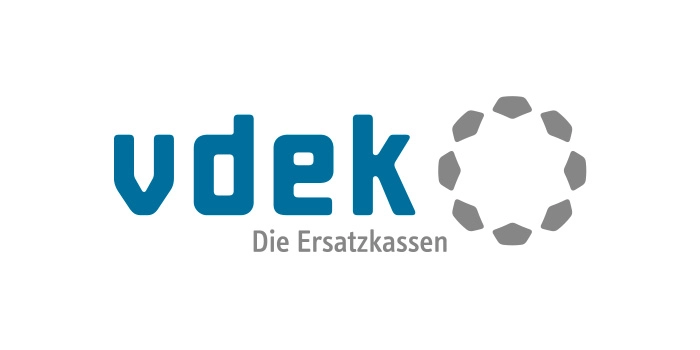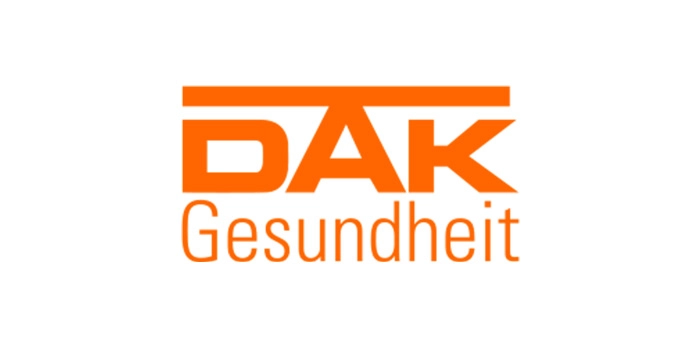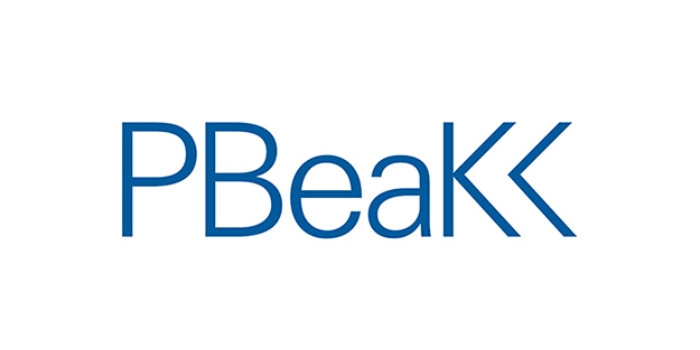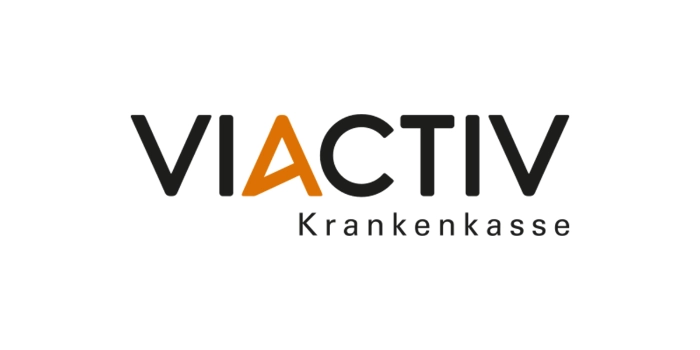
GenAI in companies? The time is now!
The rapid development of generative AI and large language models has ushered in a new era that is sweeping through our world. But to what degree has this revolution already impacted the corporate landscape in Germany? In this Viewpoint interview, Mark-W. Schmidt, Head of AI at msg, sheds light on the impact of GenAI on the economy and provides insights into the current msg study on the use of GenAI.
Mr. Schmidt, what is your assessment of the importance of GenAI for the economy?
Mark-W. Schmidt GenAI holds significant value in the corporate sector. Especially since the launch of the well-known Open AI chatbot ChatGPT in fall 2022, GenAI has garnered a user base of several hundred million individuals across the globe. This technology enhances process efficiency while also creating opportunities for advanced data analysis, customer support, and the creation of cutting-edge solutions.
Can you give some specific examples of how companies benefit from the integration of GenAI?
Mark-W. Schmidt There is a wealth of benefits: GenAI has the potential to enhance productivity, lower costs, enhance quality assurance, and even facilitate the creation of innovative business models. Furthermore, the automation of repetitive tasks can bring about a revolution in knowledge management when combined with the innovative concept of Retrieval Augmentation Generation (RAG) architecture. This allows employees to dedicate their time to creative and strategic assignments, thereby enhancing the innovative capabilities of the company.
The study conducted focused on the utilization of GenAI within German companies. What were the key discoveries made during this study?
Mark-W. Schmidt First of all, the survey makes it clear that generative AI is already being used in German companies across all sectors. A total of 82.1% of respondents have already begun utilizing the technology, even if only in an experimental capacity. Merely a small fraction of 6.4% indicated that generative AI has not been a factor in their company setting thus far. However, only one in four companies has already implemented specific rules for internal use.
The survey also shows that generative AI is of particular interest to most companies for the purpose of data analysis: every second company is already using it for this purpose or is planning to do so (49.4%). The utilization of technology for the purpose of ensuring quality and detecting errors is widely prevalent in customer service and chatbots as well.
How would you categorize these findings?
Mark-W. Schmidt Companies face a variety of challenges that they have to overcome. These include legal aspects such as data protection and transparency, but also the availability of resources and training employees in the use of GenAI. It is also important to define ethical guidelines to ensure responsible use.
The study's findings clearly indicate the existing barriers that currently hinder companies from adopting generative AI more extensively: Over a third of respondents (40.3%) expressed concerns about legal aspects. Furthermore, a lack of resources (29.3%) and a lack of skills in the workforce (28.5%) were cited as further barriers to more widespread use.
How can companies overcome these challenges and take full advantage of GenAI?
Mark-W. Schmidt Companies should adopt a comprehensive strategy that gives equal consideration to the technological, organizational, and ethical aspects. This includes investing in training for the workforce, working with external experts and developing clear guidelines for using GenAI. Furthermore, it is crucial to engage employees proactively in the implementation phase and address their concerns with sincerity.
Based on the study findings, one-third of the surveyed companies have already begun preparations to establish employee training programs and pilot projects. They aim to gain a deeper comprehension of the benefits offered by the technology and surmount any potential challenges. Approximately 23.5% of companies express a desire to engage external consultants, which accounts for just under one in four businesses.
How much of an impact do ethical concerns, specifically related to bias and discrimination, have on the use of GenAI?
Mark-W. Schmidt It is essential to take into account ethical principles when using GenAI. Transparency, data protection, fairness, accountability, ethics awareness, (self-)regulation and user involvement play a key role in this. It is essential to ensure that algorithms and models are created in a fair and transparent manner to prevent bias and discrimination. It is imperative for companies to ensure that their GenAI systems foster diversity and inclusion, without inadvertently perpetuating preexisting biases.
Appropriate efforts are needed to achieve this goal. At msg, we have therefore developed a specific process model and audit procedures to guide our customers with best practices and risk mitigation strategies.
What long-term impact do you expect GenAI to have on the economy and society?
Mark-W. Schmidt I see GenAI as a key driver of innovation and future growth. GenAI is poised to revolutionize the economy by boosting productivity and fostering innovation, while also reshaping labor markets and enhancing competitiveness. In society, we will benefit from personalized services and an improved quality of life. In education, new learning paths will open up and knowledge management will be considerably simplified and improved. Nevertheless, we should anticipate an increase in inequality and challenges regarding data protection.
Therefore, to foster sustainable and all-encompassing development, more stringent regulations and ethical guidelines should be implemented to prevent the abuse and potential loss of control due to cybercrime and surveillance. It is crucial to find the right balance to benefit from the positive effects and limit the negative ones to ensure a promising future for all.
Finally, what advice would you offer to businesses interested in integrating GenAI into their operations?
The message for companies across all industries is unambiguous: The time to invest in the adoption, utilization, and implementation of AI is now. The transition to GenAI, as with all innovation, requires an initial investment in technology, resources or external support. The long-term benefits – such as increased productivity, cost reduction and unlocking new opportunities – are undeniable. Embracing this technological wave at an early stage enables companies to not just solidify their existing market presence, but also establish themselves as leaders of the forthcoming industrial revolution.
The current msg survey on the use of GenAI in German companies can be found here.
Cross-links:
www.ai.msg.group/beratung-loesungen
www.msg.group/radikal-digital/folge-11-ai-the-quest-for-sovereignty












